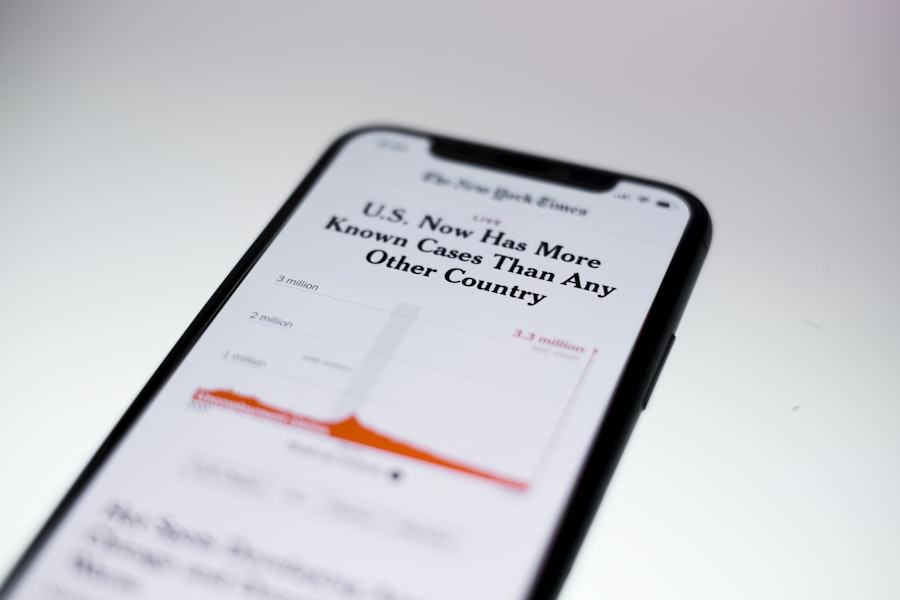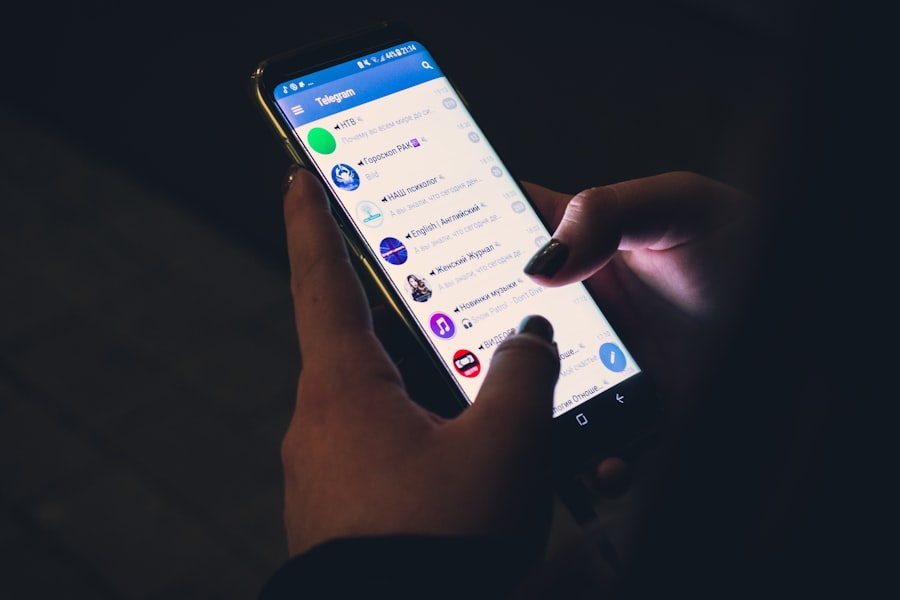The first step in any successful journey is to clearly identify your goals. This process involves introspection and a deep understanding of what you truly want to achieve in various aspects of your life, whether personal, professional, or academic. Begin by reflecting on your passions, interests, and values.
What excites you? What do you want to change or improve? By answering these questions, you can start to formulate specific, measurable, achievable, relevant, and time-bound (SMART) goals.
For instance, if you have a passion for fitness, a goal might be to run a half-marathon within six months. This goal is specific (running a half-marathon), measurable (13.1 miles), achievable (with training), relevant (to your fitness interests), and time-bound (within six months). Once you have a list of potential goals, prioritize them based on their importance and feasibility.
It’s essential to recognize that not all goals carry the same weight; some may be more urgent or impactful than others. For example, if you are currently in a job that you find unfulfilling, prioritizing a career change might take precedence over a personal goal like learning a new language. Additionally, consider breaking larger goals into smaller, manageable tasks.
This approach not only makes the process less daunting but also allows for incremental progress that can keep you motivated. If your goal is to start a business, for instance, smaller tasks could include conducting market research, creating a business plan, and networking with potential clients.
Key Takeaways
- Set specific, measurable, achievable, relevant, and time-bound (SMART) goals to identify your objectives.
- Use goal-setting apps and websites like Trello, Asana, or Habitica to track and manage your goals effectively.
- Create a vision board online using platforms like Pinterest or Canva to visualize your goals and stay motivated.
- Find free online resources such as Google Sheets, Evernote, or Todoist for tracking your progress towards your goals.
- Join online communities or accountability groups on platforms like Facebook, Reddit, or Meetup to receive support and stay on track with your goals.
Utilizing Goal-Setting Apps and Websites
In today’s digital age, technology offers a plethora of tools designed to assist individuals in setting and achieving their goals. Goal-setting apps and websites can provide structure and motivation, making the process more engaging and efficient. Popular applications like Trello, Asana, and Todoist allow users to create task lists, set deadlines, and track progress visually.
These platforms often feature reminders and notifications that help keep users accountable and on track. For example, Trello uses boards and cards to organize tasks visually, which can be particularly helpful for those who thrive on visual cues. Moreover, some apps are specifically designed for goal setting and tracking.
Apps like Strides or GoalsOnTrack enable users to set long-term goals while breaking them down into actionable steps. They often include features such as progress tracking graphs and motivational quotes that can inspire users to stay committed. The ability to visualize progress can be incredibly motivating; seeing how far you’ve come can encourage you to push through challenges.
Additionally, many of these apps offer community features where users can share their goals and achievements with others, fostering a sense of camaraderie and support.
Creating a Vision Board Online

A vision board serves as a powerful visual representation of your goals and aspirations. Traditionally made from physical materials like magazines and poster boards, vision boards can now be created online using various digital tools. Websites like Canva or Pinterest allow users to curate images, quotes, and other elements that resonate with their goals.
By assembling these visuals into a cohesive design, individuals can create an inspiring digital collage that serves as a daily reminder of what they are working towards. The process of creating an online vision board can be both therapeutic and motivating. As you search for images that represent your dreams—whether it’s a picture of a dream home, a successful career, or personal achievements—you engage in a form of visualization that can enhance your focus and determination.
Once completed, these digital boards can be set as wallpapers on devices or shared on social media platforms for added accountability. The act of sharing your vision board with others can also invite support from friends and family who may encourage you along your journey.
Finding Free Online Resources for Goal Tracking
Goal tracking is an essential component of the goal-setting process, as it allows individuals to monitor their progress and make necessary adjustments along the way. Fortunately, there are numerous free online resources available that cater specifically to this need. Websites like Google Sheets or Airtable provide customizable templates for tracking goals in various formats—be it spreadsheets or databases—allowing users to tailor their tracking methods according to their preferences.
In addition to spreadsheets, there are dedicated goal-tracking platforms such as Habitica or Coach.me that gamify the process of achieving goals.
Habitica turns goal tracking into a role-playing game where users earn rewards for completing tasks and maintaining habits.
This unique approach not only makes the process enjoyable but also encourages consistency through its game mechanics.
Similarly, Coach.me offers community support where users can set goals and receive encouragement from others on the platform. These resources can significantly enhance motivation by providing both structure and community engagement.
Using Online Communities for Support and Accountability
The journey toward achieving goals can often feel isolating; however, online communities provide an invaluable source of support and accountability. Platforms such as Reddit or Facebook host numerous groups dedicated to specific interests or goals—be it fitness, entrepreneurship, or personal development. Joining these communities allows individuals to connect with like-minded people who share similar aspirations and challenges.
Engaging with these communities can lead to valuable exchanges of advice, encouragement, and resources. For instance, if you’re working towards a fitness goal, participating in a fitness-focused group can provide access to workout plans, nutrition tips, and motivational stories from others who have successfully achieved similar objectives. Furthermore, accountability partners within these communities can help keep you on track by checking in on your progress regularly.
The social aspect of these groups fosters a sense of belonging and shared purpose that can be incredibly motivating.
Accessing Free Online Courses for Skill Development

Access to Free Online Courses
Skill development is often a crucial aspect of achieving personal or professional goals. Fortunately, the internet is replete with free online courses that cater to a wide range of interests and skill levels. Platforms such as Coursera, edX, and Khan Academy offer courses taught by industry experts from reputable institutions at no cost.
Variety of Courses and Learning Materials
Whether you’re looking to learn coding, graphic design, or even public speaking, there’s likely a course available that aligns with your goals. These courses often include video lectures, quizzes, and interactive assignments that facilitate active learning. For example, if your goal is to enhance your digital marketing skills for career advancement, enrolling in a free course on platforms like HubSpot Academy can provide you with practical knowledge and certifications that bolster your resume.
Flexibility and Self-Paced Learning
Additionally, many courses allow for self-paced learning, enabling you to balance your studies with other commitments effectively.
Utilizing Online Tools for Time Management and Productivity
Effective time management is critical when pursuing any set of goals. Online tools designed for productivity can help individuals organize their schedules and prioritize tasks efficiently. Applications like Google Calendar or Notion allow users to create detailed schedules that include deadlines for specific tasks related to their goals.
By visualizing how time is allocated throughout the week or month, individuals can identify areas where they may need to adjust their focus. Moreover, techniques such as the Pomodoro Technique can be easily implemented using online timers available on various websites or apps. This method encourages focused work sessions followed by short breaks—enhancing concentration while preventing burnout.
Tools like Focus@Will offer music designed to improve focus during work sessions, further optimizing productivity levels. By leveraging these online resources effectively, individuals can maximize their time management skills and ensure they remain dedicated to their goals.
Finding Free Online Resources for Financial Planning and Budgeting
Financial stability is often intertwined with personal goals; thus, effective financial planning is essential for success in various areas of life. Numerous free online resources exist to assist individuals in budgeting and managing their finances effectively. Websites like Mint or Personal Capital offer tools for tracking expenses and creating budgets tailored to individual financial situations.
These platforms allow users to link their bank accounts securely and categorize spending automatically—providing insights into spending habits that can inform better financial decisions moving forward.
Additionally, many financial education websites offer free courses or articles on topics such as saving strategies, investment basics, and debt management. For instance, sites like Investopedia provide comprehensive guides that demystify complex financial concepts for beginners.
By utilizing these resources effectively, individuals can create realistic budgets that align with their goals—whether it’s saving for a vacation or paying off debt—and track their progress over time. The combination of budgeting tools and educational resources empowers individuals to take control of their financial futures while pursuing their broader life objectives.
FAQs
What are online resources for setting and achieving goals?
Online resources for setting and achieving goals include goal-setting websites, productivity apps, online courses, webinars, podcasts, and social media groups or communities focused on goal achievement.
How can online resources help with setting and achieving goals?
Online resources can provide tools, templates, and guidance for setting specific, measurable, achievable, relevant, and time-bound (SMART) goals. They can also offer support, accountability, and motivation to help individuals stay on track and achieve their goals.
Are there free online resources for setting and achieving goals?
Yes, there are many free online resources available for setting and achieving goals. These can include free goal-setting apps, websites with goal-setting templates, free webinars or podcasts on goal achievement, and social media groups or communities focused on goal setting and accountability.
What are some examples of free online resources for setting and achieving goals?
Examples of free online resources for setting and achieving goals include websites like Trello or Asana for task management, goal-setting templates from websites like Canva or Microsoft Office, free webinars or podcasts on goal achievement, and social media groups or communities focused on goal setting and accountability.
How can I use online resources to track my progress towards my goals?
Online resources can help you track your progress towards your goals by providing tools for setting milestones, tracking tasks and deadlines, and visualizing your progress. This can include using task management apps, progress tracking templates, or online goal-tracking tools.






